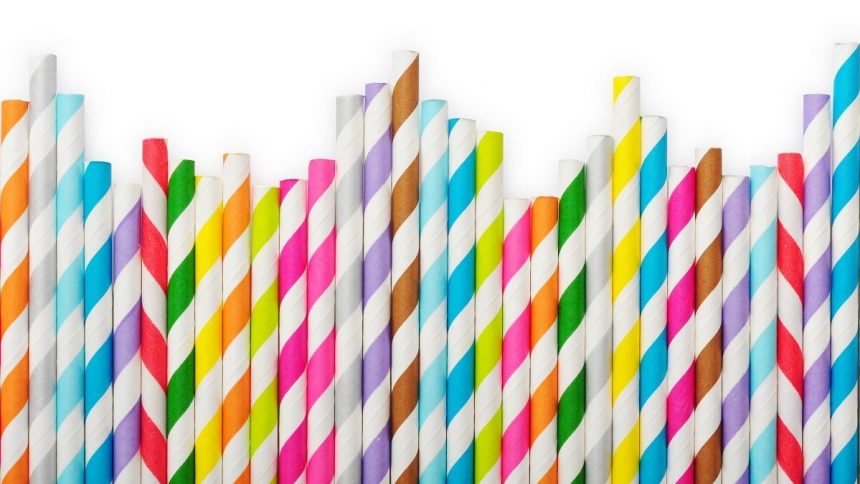Single-use plastic straws are a significant environmental concern that often goes unnoticed. The widespread consumption of drinks like fountain sodas, iced lattes, and bubble teas results in a staggering amount of plastic waste from the accompanying straws.
Research shows that there are approximately 8.3 billion plastic straws littering beaches worldwide, equivalent to one straw per person on the planet. These straws are challenging to recycle and contribute to the ongoing plastic crisis in our oceans.
By making the switch to reusable alternatives, you can help reduce the demand for single-use polypropylene (#5 plastic) straws. Manufacturing these straws produces about 1.5 grams of CO2 emissions each, and with around 500 million straws used daily in the U.S., the annual carbon footprint is substantial.
Fortunately, there are numerous practical alternatives to single-use plastic straws, including the following options:
1. Reusable Plastic
While not the most ideal solution, reusable plastic straws are a better choice than their disposable counterparts. Consider keeping a few at your workplace for convenience.
2. Acrylic
Durable acrylic straws, commonly found in reusable cups from coffee shops, offer a step up in quality. They may show signs of wear from dishwashing but are long-lasting.
3. Glass
Elegant and sustainable, glass straws can elevate your drinking experience.
4. Metal
Aluminum or stainless steel straws provide excellent temperature conductivity, making them a durable and stylish choice for eco-conscious consumers.
5. Bamboo
Utilizing the strength and renewability of bamboo, these sustainable straws are both practical and eco-friendly.
6. Plant-Based/Compostable
Opt for plant-based or compostable straws for single-use scenarios. Edible seaweed-based straws are emerging as a flavorful and eco-friendly option.
7. Paper
Classic paper straws add a whimsical touch to your beverages, with some brands offering more durable options to prevent wilting.
8. No Straw At All
Avoiding straws altogether is the most environmentally friendly choice. Consider joining the movement to curb unnecessary consumption.
Don’t Forget
When using a reusable straw, remember to clean it thoroughly to prevent bacterial growth. Many manufacturers offer specialized cleaning brushes for this purpose.
Editor’s Note: This article was originally published on April 24, 2018, and updated in March 2024.







